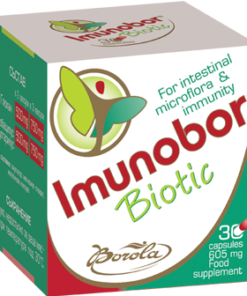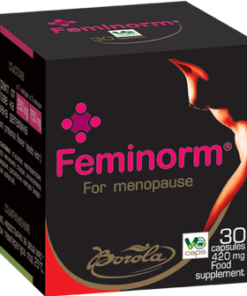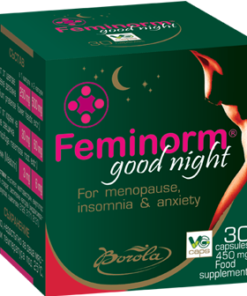Women’s Health
Although women and men are susceptible to many of the same health problems, women can be affected differently. Some diseases or conditions, such as osteoporosis, obesity and depression, are more common in women. Others, such as menopause and pregnancy, are unique to women.
Women often neglect their own health and focus instead on their partner’s and children’s. However, we have all heard the saying: “An ounce of prevention is worth a pound of cure”. Prevention and early detection is important for most medical conditions, but especially important for the successful treatment of breast, cervical, uterine and ovarian cancer. Regular check-ups and screenings should be more frequent with increasing age and when the body is undergoing significant changes such as during pregnancy and menopause.
Menopause is associated with hormonal changes in the reproductive system. It happens naturally with age, although it can be a result of medical conditions or treatment. The most common symptom of menopause is irregular menstrual cycles, which completely stop with time. Menopause is also associated with a number of other unpleasant symptoms such as hot flashes, trouble sleeping, mood swings, and elevated blood pressure. These symptoms can last for years and significantly affect women’s physical and emotional well-being. Regular visits with a physician, balanced diet, proper supplements intake and regular physical activity may prevent, reduce or completely eliminate most unpleasant menopausal symptoms.
Child Health
Child Health
Bone Health
Child Health
Child Health
Antioxidants & Vitamins
Bone Health
Bone Health
Bone Health
Child Health
Endocrinology
Endocrinology












